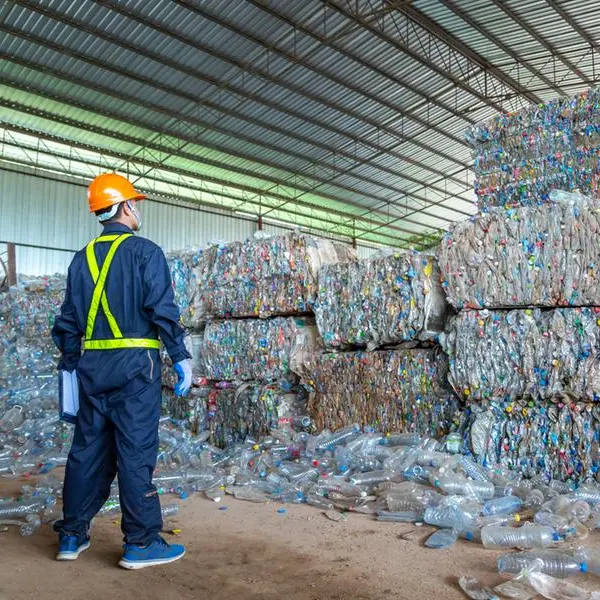PHOTO
GENEVA: The international community marked today (28th April) the World Day for Safety and Health at Work to promote the prevention of occupational accidents and diseases and to raise awareness of how to make work safe and healthy globally. The International Labour Organisation (ILO) began to observe World Day in 2003 to raise the political profile of occupational health and safety, and to fulfil the integral ‘advocacy’ component of their Global Strategy on Occupational Safety and Health.
Saima Wazed, WHO Regional Director for South-East Asia, said:’’ Hazards can lead to occupational diseases that erode workers’ ability to participate in the workforce, and result in increased rates of long-term illness. World Health Organisation (WHO) and ILO estimated that work-related diseases and injuries resulted in 1.88 million deaths in 2016. Our WHO South-East Asia Region (SEAR) faces a disproportionately high burden of work-related mortality, with 36.5 deaths per 100,000 of the working population. Occupational risks also rank as the third-largest environmental risk factor for disease estimates in our Region.’’
According to Salma, the impact of climate change on occupational health has also recently emerged as a concern. Climate-related hazards, particularly extreme weather events, limit work output and duration, and pose risks to workers' health and safety.
‘’Health and safety also go beyond physical concerns. The COVID-19 pandemic highlighted the urgent need to address mental health issues in the workplace. A safe and healthy working environment supports mental health, and good mental health of course enables people to work productively. Issues such as depression and anxiety are pervasive in workplaces, impacting productivity and performance. When left untreated, the economic cost is estimated at US$1 trillion annually,’’ she noted in a message on the Day.
Effective organisational policies, early detection of health issues, health screening, and preventive care contribute to a safety net and increase health awareness for workers and ensuring better occupational health and safety rests on partnerships and collaboration, Salma added.
‘’Our Regional Plan of Action for the WHO Global Strategy on Health, Environment, and Climate Change (2020-2030) emphasises collaboration between health and labor ministries to comprehensively address occupational health. Collaboration between these health and employment sectors is crucial for protecting vulnerable segments of society. Non-contributory social protection systems are also essential for safeguarding informal workers from the economic consequences of workplace injuries.
Occupational health, she stressed, must be prioritised in order to achieve sustainable growth, inclusive development, and resilience to climate change vulnerabilities - as outlined in the Sustainable Development Goals.
‘’The need for creating positive healthy workplaces is self-evident. The returns of such endeavours positively impact businesses, organizations and societies collectively, and people individually,’’ WHO Regional Director for South-East Asia concluded.





















